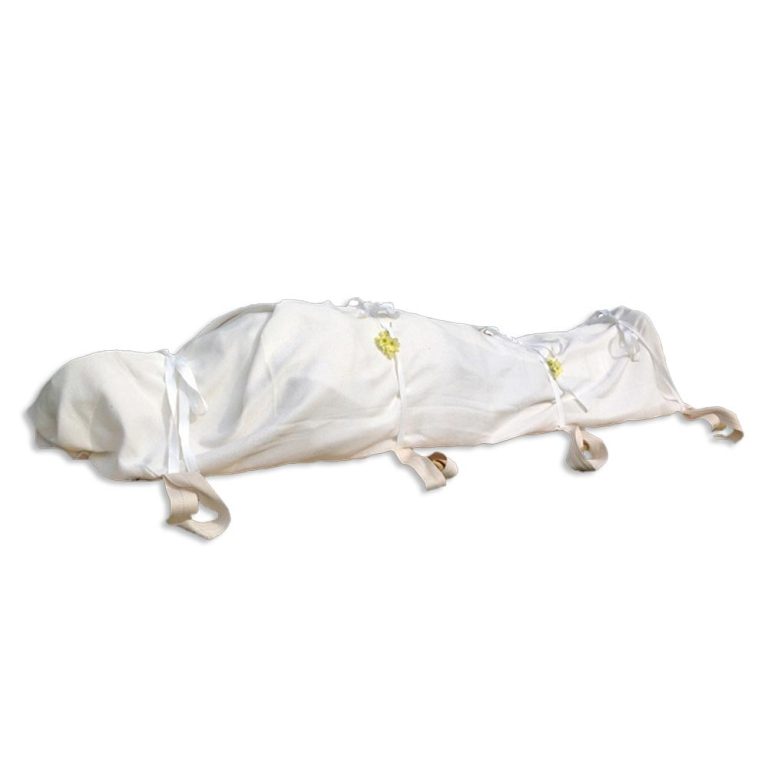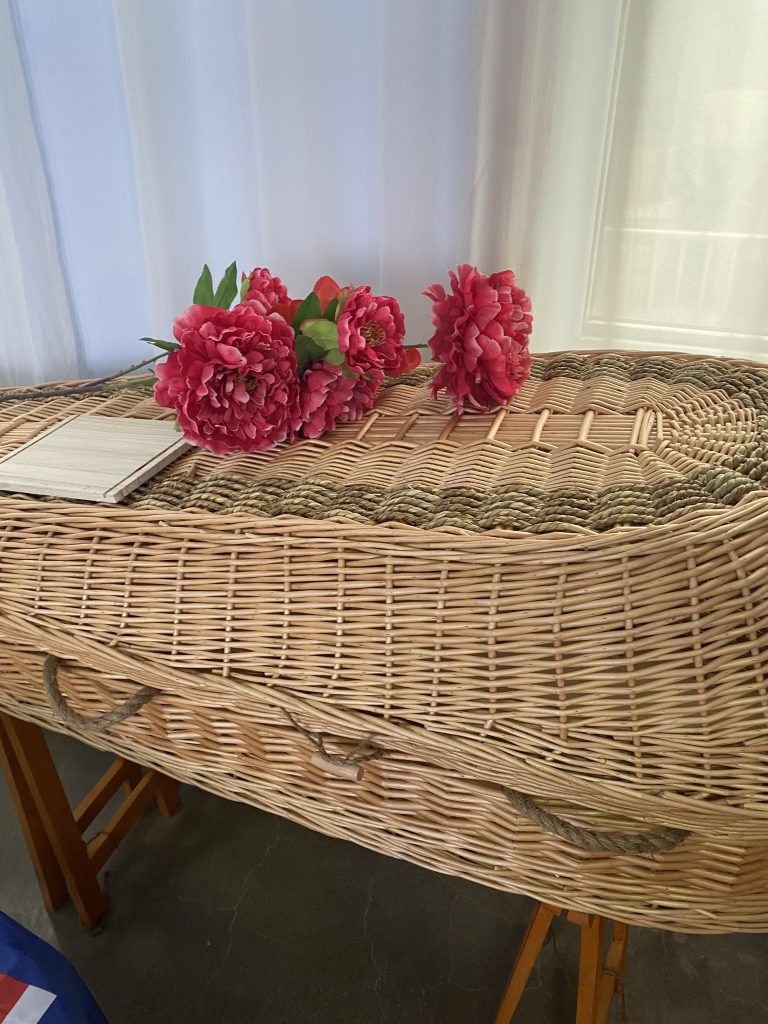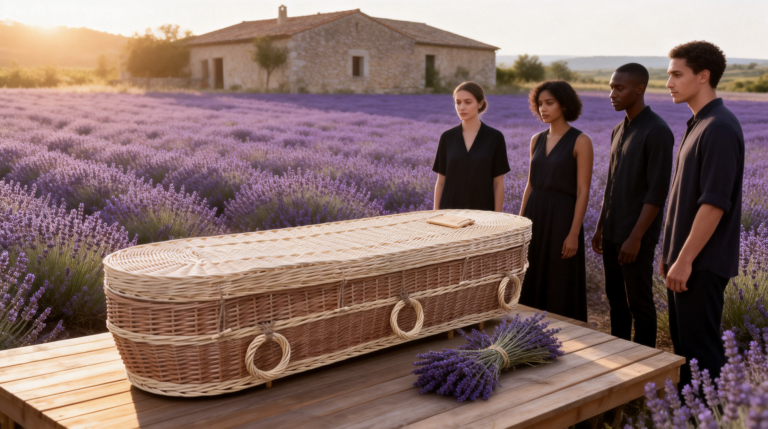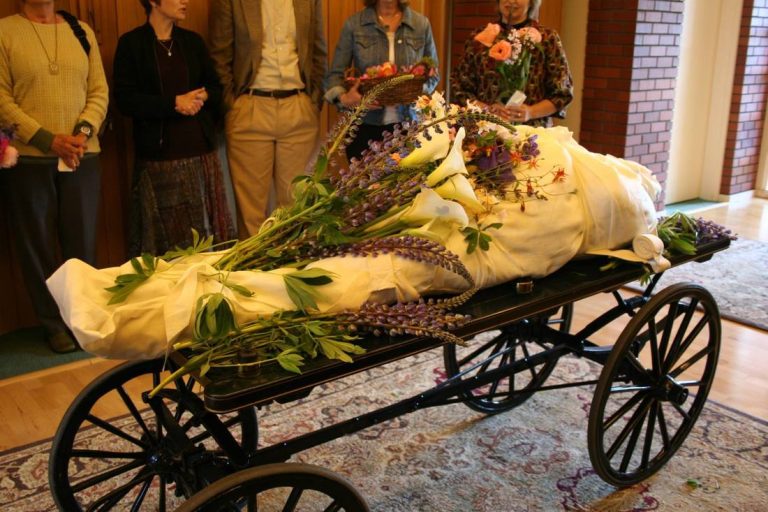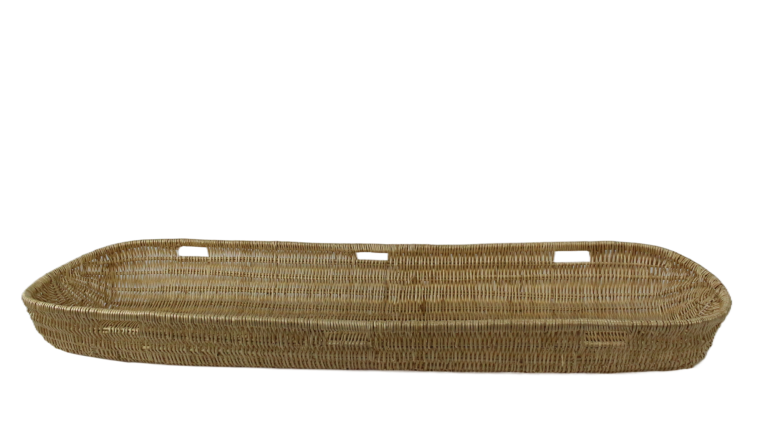In a world grappling with the environmental cost of death, a graceful return to ancient practices offers a sustainable farewell
The modern funeral industry has created an ecological paradox: our final act on Earth often involves polluting it. Traditional burials in the West consume 20 million feet of hardwood, 1.6 million tons of concrete, and 800,000 gallons of embalming fluid annually in the U.S. alone. Meanwhile, cremation releases mercury from dental fillings and substantial carbon dioxide into the atmosphere. As climate consciousness grows globally, a quiet revolution is emerging from an unexpected source: the woven willow coffin.
This sustainable alternative represents not just an eco-friendly product, but a philosophical shift in how we conceptualize our final responsibility to the planet.
Linyi’s Living Legacy Meets Global Need
In China’s Linyi City, Shandong province—long known as the “Hometown of Willows”—a centuries-old weaving tradition is finding profound new purpose. Local artisans, whose ancestors crafted baskets and furniture, now apply their skills to creating biodegradable coffins that decompose within 2-5 years, compared to the decades or centuries required for traditional caskets.
The production process in Linyi’s workshops embodies circular economy principles. Willow branches are harvested from sustainably managed plantations along the Yellow River basin, requiring no pesticides or fertilizers. The weaving technique creates remarkably sturdy structures capable of supporting significant weight while using only natural materials—willow, bamboo, and sometimes sea grass for interior lining.
“What we’re creating is essentially a cradle for returning to the earth,” explains Master Weaver Zhang, whose family has worked with willow for four generations. “The coffin itself becomes part of nature’s cycle rather than resisting it.”
The Global Movement Toward Earth-Friendly Goodbyes
The appeal of woven coffins is growing internationally as environmental awareness transforms death care practices. In the United Kingdom, natural burials have increased by over 300% in the past decade, with woven coffins becoming a visible symbol of this movement. Similar trends are emerging across Europe, North America, and Australia.
These coffins answer a fundamental question: How can our final act contribute to ecological restoration rather than degradation? Unlike traditional caskets that attempt to preserve the body indefinitely against natural processes, woven coffins embrace decomposition as a regenerative act. They allow the body to return nutrients to the soil naturally, supporting new plant life and creating living memorials.
The psychological impact is equally significant. There’s a comforting organic quality to these coffins—their natural texture and visible craftsmanship feel more authentic and personal than polished industrial materials. Many families find meaning in decorating the coffin with flowers, leaves, or personal messages as a final ritual.
Cultural Bridges Through Sustainable Design
The journey of Linyi’s Phoenixnestcoffins woven coffins from local craft to global solution illustrates how traditional knowledge can address contemporary problems. While the concept of biodegradable burial containers exists in various cultures—from Jewish simple pine caskets to Muslim burial shrouds—the willow coffin uniquely combines functionality, beauty, and ecological intelligence.
International designers have collaborated with Linyi Roconly funeral supplies workshops to create designs that respect diverse cultural and religious requirements while maintaining environmental principles. The result is a product that transcends its Chinese origins to serve a global community seeking alignment between end-of-life practices and ecological values.
A Deeper Philosophy: Death as Ecological Continuity
The woven coffin movement represents more than a market niche; it signifies a philosophical reorientation toward our place in natural systems. In an era of climate anxiety, it offers a vision of death not as separation from nature, but as integration with it.
This approach resonates with various ecological philosophies, from Deep Ecology principles that recognize the intrinsic value of all living things, to indigenous perspectives that view humans as part of—not separate from—natural cycles.
As climate change forces reconsideration of many human practices, the woven coffin from Linyi demonstrates how solutions can emerge from the convergence of ancient wisdom and contemporary needs. It offers a model for other industries: how traditional crafts, when applied to modern challenges, can create sustainable alternatives to resource-intensive practices.
The willow coffin ultimately transforms our final act from one of consumption to one of generosity toward the Earth—a final gift that leaves no burden, but instead completes the cycle of giving and receiving that defines our relationship with the natural world.
We are a factory supporting eco friendly green funeral(natural willow coffins\bamboo caskets and so on) .. for detail please contact us www.roconly.com;
Roconly (LinYi) Funeral Supplies Co.,Ltd.
Whatsapp: +86-18265103836 (Whatsapp & Wechat & Tel)
Email: jason@roconly.com #willowcoffin#greencoffins#bamboocaskets#urns#naturalcoffins#chinafactory#scattertube#naturalburial#FuneralSupplies#cross#flowerbands#shrouds #carrierfuneral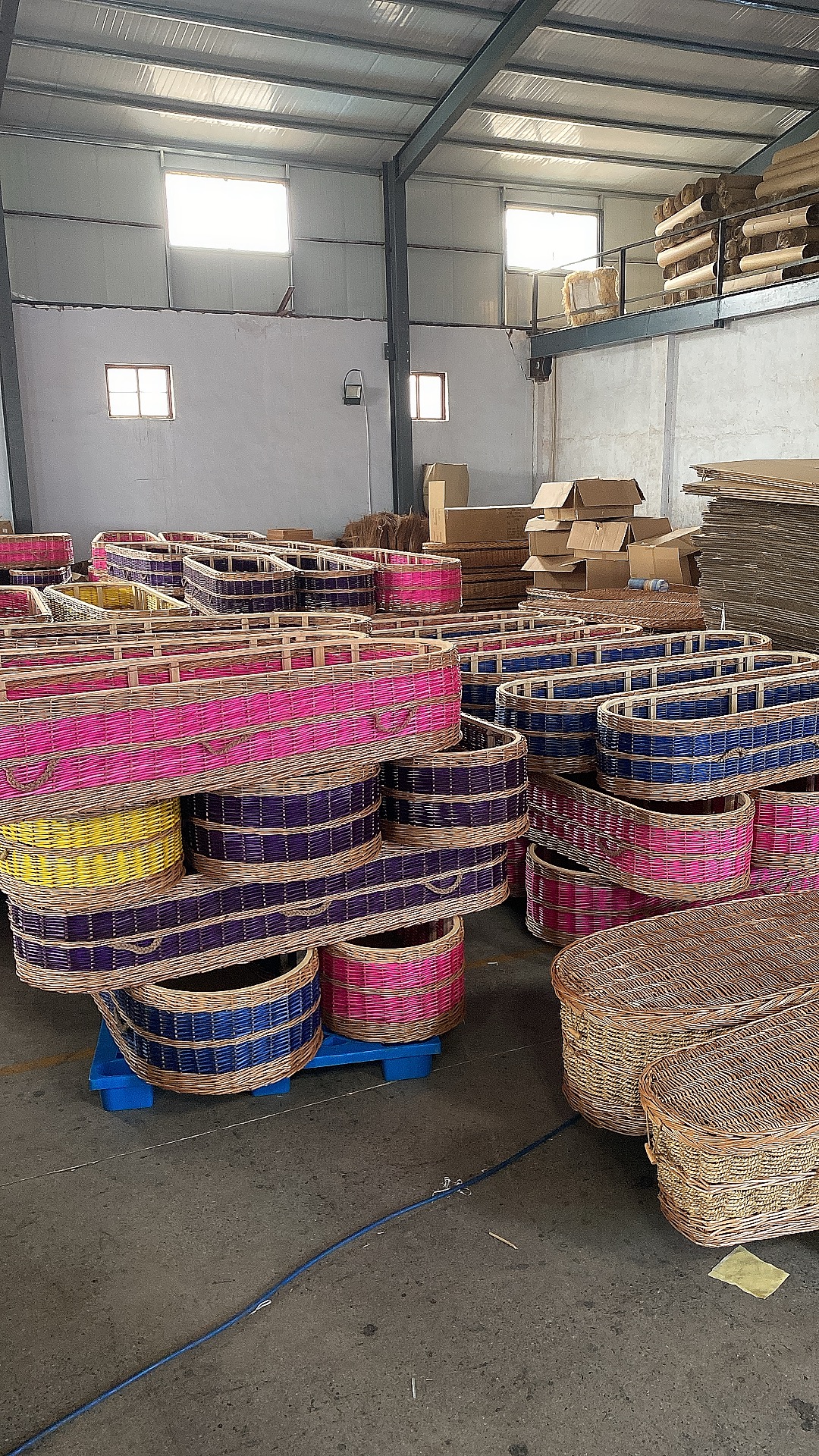 The willow is woven around a frame made from sustainable materials, such as bamboo or rattan. The artisans use their expertise to create a coffin that is both strong and aesthetically pleasing#roconlycoffins #everecoffin #naturalburial #ecofriendly #sustainable #funeral #cemetery @everyone@followers
The willow is woven around a frame made from sustainable materials, such as bamboo or rattan. The artisans use their expertise to create a coffin that is both strong and aesthetically pleasing#roconlycoffins #everecoffin #naturalburial #ecofriendly #sustainable #funeral #cemetery @everyone@followers
